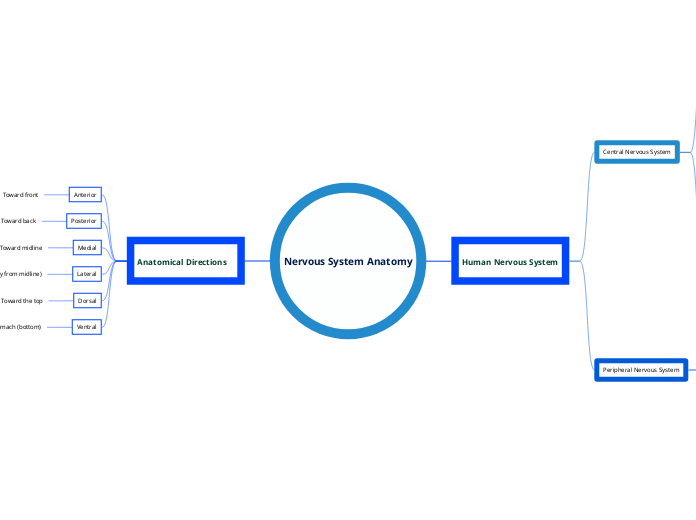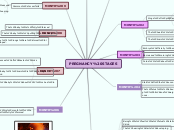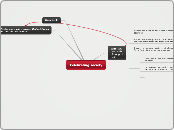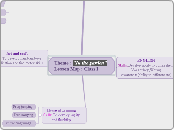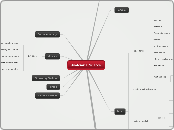Nervous System Anatomy
Anatomical Directions
Ventral
Toward the stomach (bottom)
Dorsal
Toward the top
Lateral
Towards side (away from midline)
Medial
Toward midline
Posterior
Toward back
Anterior
Toward front
Human Nervous System
Peripheral Nervous System
Autonomic
Parasympathetic
System of nerves that facilitate vegetative, nonemergency responses by body's organs - rest and digest
Sympathetic
Network of nerves that prepare organs for vigorous activity - fight or flight
Somatic
Motor nerves
Sensory nerves
Central Nervous System
Spinal Cord
Brain
Mid Brain
Substantia Nigra
Pathway releasing dopamine
Tectum
Inferior Colliculus
Auditory processing
Superior Colliculus
Visual processing
Forebrain
Cerebrum
Occipital Lobe
Primary visual cortex
Vision
Temporal Lobe
Auditory, language processing
Parietal Lobe
Primary somatosensory cortex
Touch sensations, info on body position & spatial info
Frontal Lobe
PFC, precentral gyrus, primary motor cortex
Higher functioning thinking
Limbic System
Cingulate Gyrus
Amygdala
Evaluating emotional information
Hippocampus
Memory and learning
Hypothalamus
Motivated behaviours (hormone release via pituitary gland)
Olfactory bulb
Thalamus
Relay station from sensory organs to cortex
Hindbrain
Cerebellum
Regulates motor movement, balance, co-ordination and shifting attention
Pons
Bridges axons from each half of brain to opposite side
Medulla
Vital reflexes (breathing, coughing, heart rate)
Ventricles
Fluid filled cavities (cerebrospinal fluid)
Meninges
Pia Mater
Arachnoid
Dura Mater
